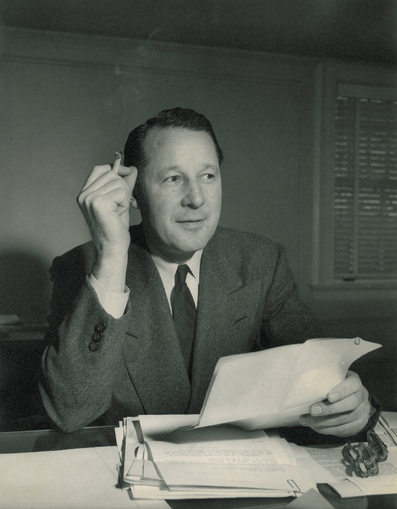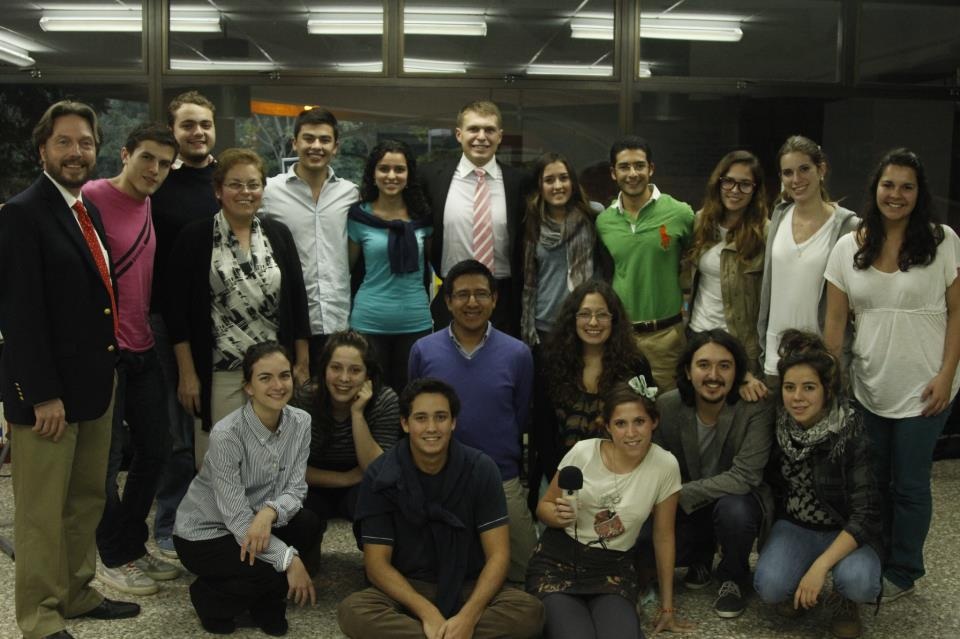The Social Sciences
Between instinct and reason, there's tradition. AH, Hayek. I remembered him all throughout this chapter. I'll explain further.
The Social Sciences goes through how complex societies are, and how the researchers in this field haven't acquired a good amount of knowledge, because they separate biology and psychology from human behavior. This is an incredible misunderstanding of human nature. After all, we're part of all this complex system called universe.
But the fact is, that society isn't either a purely deterministic system or a full culture product. It is an interaction of epigenetic rules and an evolving culture. (See Hayek hidden here somewhere?)
And it is amazing, how natural sciences have grown to reach social matters. Biology or psychology for instance, have found characteristics applicable to the society. These are proofs of consilience.
Then, he gets to the prediction topic. For this, he says that math can be made in order to measure certain things in society. Is that something that can be done? I'm of the people that think that society is far too complex... but what if? Would it be helpful?
For this, I'll claim (with help from Wilson) that in order to understand the complexity of society, we have to also understand the environment and our mind. For that, we should claim consilience.
There are some imperatives in our human nature such as categories of choice or rational calculation. Wilson even quoted our friend Daniel Khaneman (Thinking fast and Slow) on how we make irrational choices according to our heuristics and how we tend to make certain decisions according to time and avoiding risk.
The Social Sciences goes through how complex societies are, and how the researchers in this field haven't acquired a good amount of knowledge, because they separate biology and psychology from human behavior. This is an incredible misunderstanding of human nature. After all, we're part of all this complex system called universe.
But the fact is, that society isn't either a purely deterministic system or a full culture product. It is an interaction of epigenetic rules and an evolving culture. (See Hayek hidden here somewhere?)
And it is amazing, how natural sciences have grown to reach social matters. Biology or psychology for instance, have found characteristics applicable to the society. These are proofs of consilience.
Then, he gets to the prediction topic. For this, he says that math can be made in order to measure certain things in society. Is that something that can be done? I'm of the people that think that society is far too complex... but what if? Would it be helpful?
For this, I'll claim (with help from Wilson) that in order to understand the complexity of society, we have to also understand the environment and our mind. For that, we should claim consilience.
There are some imperatives in our human nature such as categories of choice or rational calculation. Wilson even quoted our friend Daniel Khaneman (Thinking fast and Slow) on how we make irrational choices according to our heuristics and how we tend to make certain decisions according to time and avoiding risk.


 RSS Feed
RSS Feed